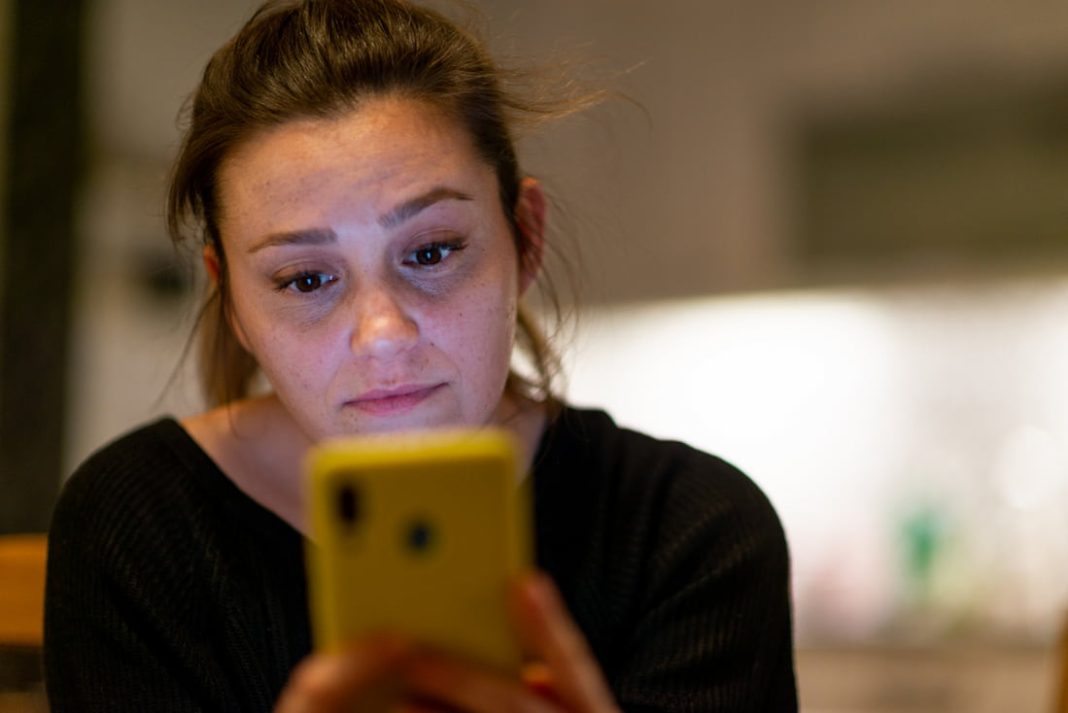Body image refers to a person’s perception of their body (what we think it looks like, which might not be based on reality), and our attitudes and feelings towards it (whether we like it or not and how respectful we are towards it). The Butterfly Foundation (the National Eating Disorder Organisation) recently released the results of their 2023 Body Kind survey on youth aged 12-18 years. It found that body dissatisfaction (having negative attitudes, perceptions and feelings towards your body) occurred for more than half of young people of all gender identities and sexual preferences. So, body dissatisfaction is not just a female issue as commonly thought.
Young people said that social media had a negative impact and so did being teased for their appearance. It made many of them not want to go to school and avoid socialising or bringing attention to themselves.
This is not new information. We’ve known for a long time about the impact of poor body image on mental health, particularly the development of eating disorders. Poor body image can affect anyone at any age in a way that makes them feel bad about themselves and anxious. It impacts our relationship with food and exercise. I work with people of all ages where their body image impacts on their life in a negative way.
In my, and my students’ research at the University of Canberra, we look at not only the negative side of social media’s impact on body image but also the benefits, including what we can learn from those with a positive body image. What we’ve found is that focusing on the function of your body, what it can do rather than what it looks like, makes you feel better about it and yourself. Also, expressing gratitude towards your body, including talking to it nicely rather than berating it.
We have also found that social media breaks are important, especially when young people constantly compare themselves to others they perceive as having better looks or better lives. In their study, The Butterfly Foundation found that for about 60 per cent of young people, social media made them feel unhappy with their bodies and sometimes not want to engage in life. Taking a break from social media often stops this unhelpful comparison and engages the young person in their life.
As adults, we need to be role models to our young people by respectfully talking about ourselves and others and engaging in activities that lift us up rather than pull us down. Teasing and bullying are not ok, and we can empower our young people to speak up for themselves and their friends. Unfortunately, most of us have experienced times when we’ve been teased, and it feels awful. Offer validation for feelings and non-judgement when someone comes to you with their worries.
You might find my book helpful as a guide to helping children and young people with these issues, it’s called, No Body’s Perfect.



